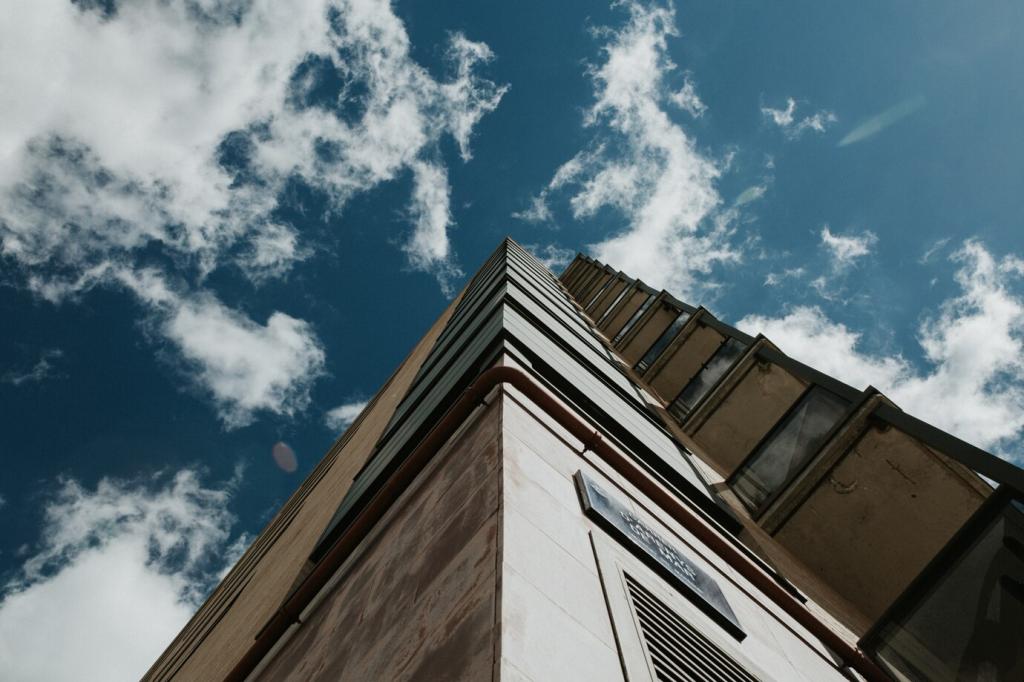The Science Behind Gratitude and Resilience
Research links gratitude with increased activity in brain regions for reward and regulation, nudging dopamine and serotonin pathways while engaging the prefrontal cortex. This balanced activation supports clearer decision-making under pressure and steadier mood when uncertainty spikes.
The Science Behind Gratitude and Resilience
Consistent gratitude practice correlates with improved heart-rate variability, reduced perceived stress, and quicker cortisol recovery after setbacks. By broadening attention beyond immediate threats, it supports the broaden-and-build effect, enabling flexible coping and creative problem-solving in difficult moments.







